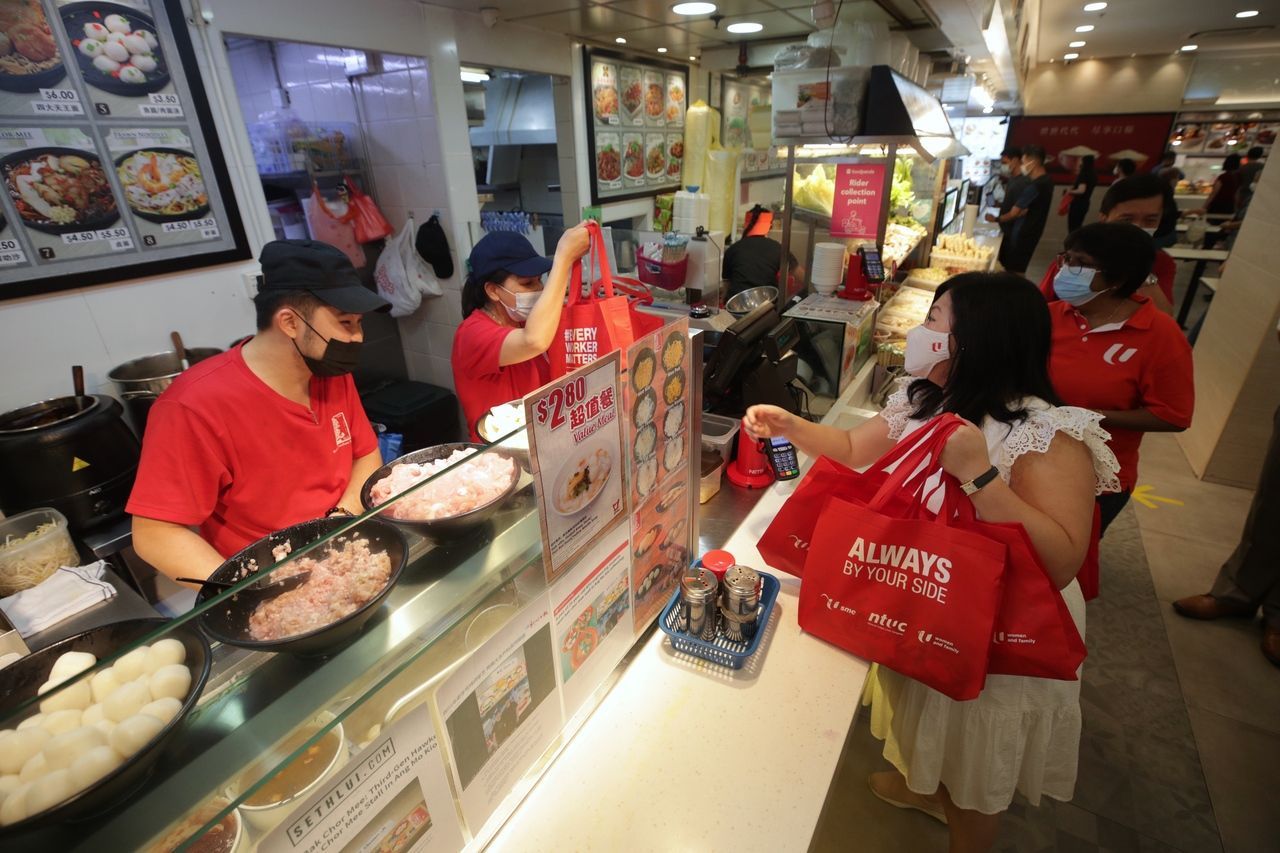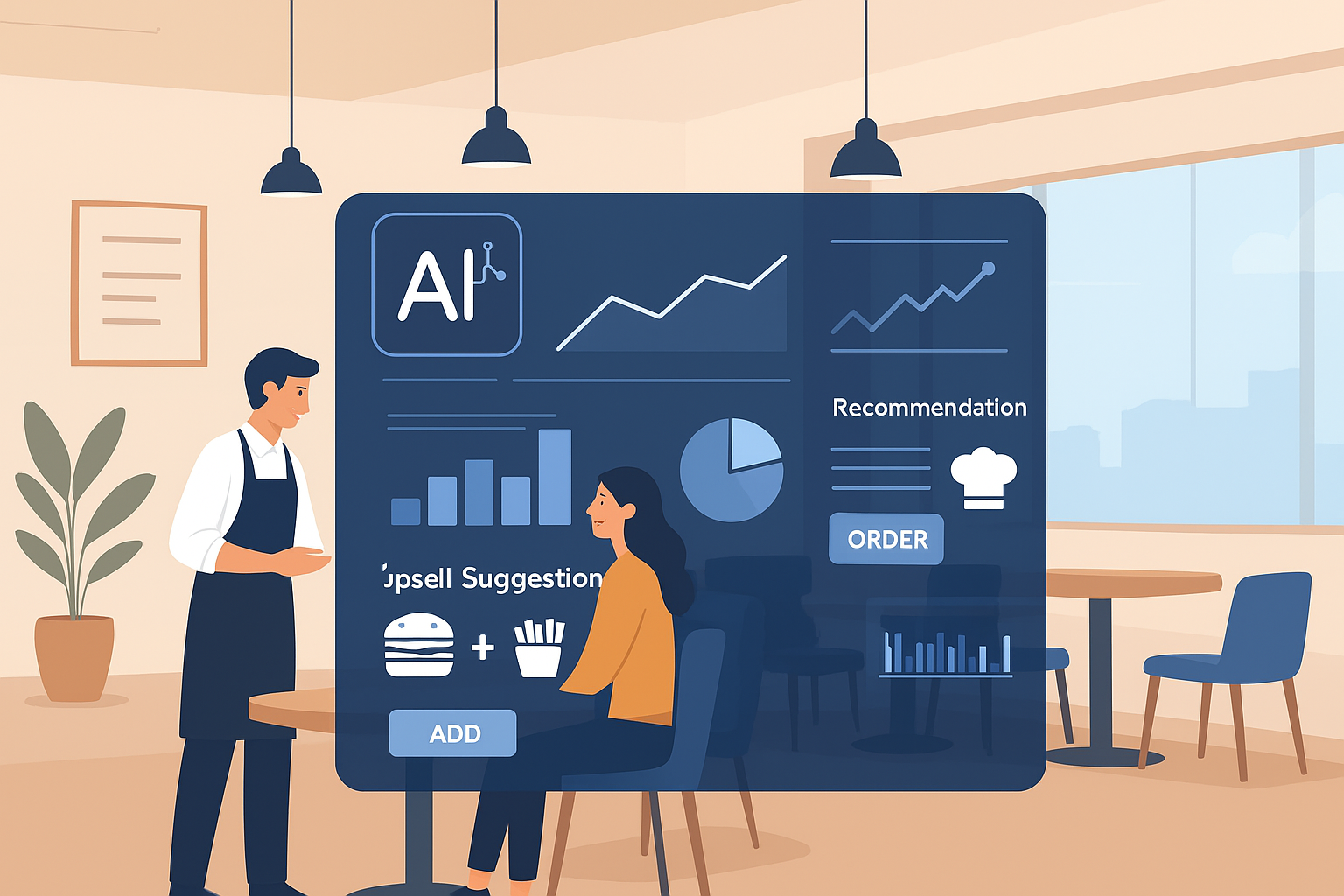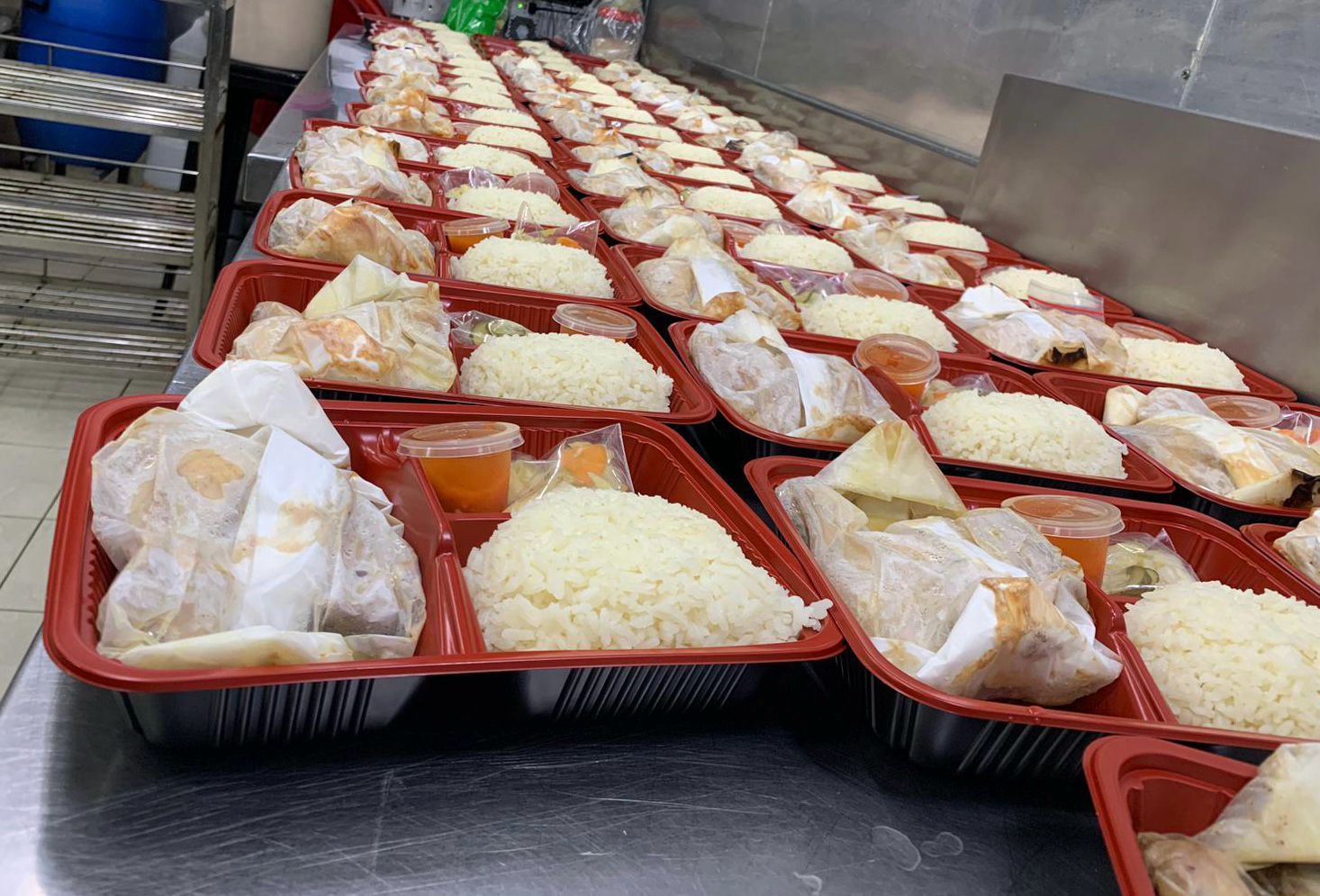Why a Mobile Friendly Membership Solution Is Important For Your Restaurant
In the fast-paced world of restaurants, having immediate access to customer data can be a game-changer. With competition increasing in the F&B industry, staying ahead requires efficiency, personalized service, and seamless operations. This is where mobile-friendly Customer Relationship Management (CRM) systems come into play. The ability to access CRM tools and data on-the-go is no longer a luxury but a necessity.
Here’s why mobile-friendly CRM is crucial for the success of your restaurant:
1. Real-Time Access to Customer Data
A mobile CRM gives restaurant staff and managers access to up-to-the-minute customer data at their fingertips. Whether it's retrieving details about loyal customers, checking reservation preferences, or updating orders, real-time access ensures that customer interactions are seamless. By using mobile CRM, your team can provide personalized service based on dining history and preferences, leading to improved customer satisfaction and return visits.
2. Improved Staff Efficiency
Mobile-friendly CRM empowers your staff to act quickly and efficiently. Whether it's at the front of the house, in the kitchen, or during deliveries, staff can log in from their mobile devices to check customer orders, update details, and even manage loyalty programs on the go. This reduces manual paperwork, freeing up time for more meaningful customer interactions. F&B technology is evolving to help restaurant teams work smarter, and mobile CRM is at the forefront of this shift.
3. Seamless Integration with Other Restaurant Systems
Mobile CRM can easily integrate with your existing restaurant technology, including point-of-sale (POS) systems, QR ordering, and online reservations. By linking these systems, you can centralize operations, manage orders, monitor performance, and improve overall restaurant management. For example, when a customer places an order through QR ordering, mobile CRM instantly updates, ensuring the kitchen and staff have the information they need. This reduces miscommunication and enhances operational efficiency.
4. Enhanced Customer Engagement
Mobile CRM systems are powerful tools for fostering customer loyalty and engagement. From sending personalized promotions to tracking customer behavior, mobile CRM lets you engage with customers in real-time. For example, push notifications about special offers can be sent to customers while they are on their way to your restaurant. Additionally, mobile CRM tools make it easy to manage loyalty programs, send birthday offers, and track customer preferences.
5. Remote Access for Management
For restaurant owners and managers, being able to access CRM data remotely offers flexibility and control. With mobile CRM, managers can monitor sales trends, track customer satisfaction, and analyze performance metrics even when they’re not on-site. This access to key performance data allows for faster decision-making and ensures that the restaurant is running smoothly at all times.
6. Data-Driven Decision Making
The ability to access real-time data on customer preferences, order histories, and dining patterns helps restaurants make informed decisions. By analyzing data through a mobile CRM, you can identify trends that allow you to adjust menus, create personalized marketing campaigns, and improve the overall customer experience. The more data-driven your decisions are, the better equipped your restaurant will be to meet customer demands.
7. Scalable Solution for Multi-Location Restaurants
For restaurants with multiple locations, a mobile CRM becomes even more vital. It enables managers and owners to monitor customer interactions and loyalty programs across all locations from a single platform. Whether you're running a small café or a large restaurant chain, a mobile CRM ensures that all your outlets are consistently delivering top-notch service. The ability to scale while maintaining efficiency across multiple venues is a key advantage for growing restaurants.
8. Increased Customer Retention
Mobile CRM allows restaurants to build lasting relationships with their customers by delivering personalized, memorable experiences. By leveraging mobile CRM to store and analyze customer data, restaurants can create targeted promotions that drive customer retention. When customers feel recognized and valued, they’re more likely to return, which translates to higher sales and long-term success.
Conclusion
In the digital age, a mobile-friendly CRM is essential for your restaurant’s success. By providing real-time access to customer data, improving staff efficiency, and integrating seamlessly with other restaurant technologies, mobile CRM enhances both customer experience and operational efficiency. Restaurants that adopt mobile CRM can create personalized, data-driven strategies that lead to improved service, increased customer retention, and higher revenue.
If you are looking for a CRM solution for your restaurant's membership management, click here to contact us to find out more about Minty CRM.
Interested in a CRM Based POS System, QR ordering or a standalone CRM membership system?
Send an Enquiry!
You might also like



